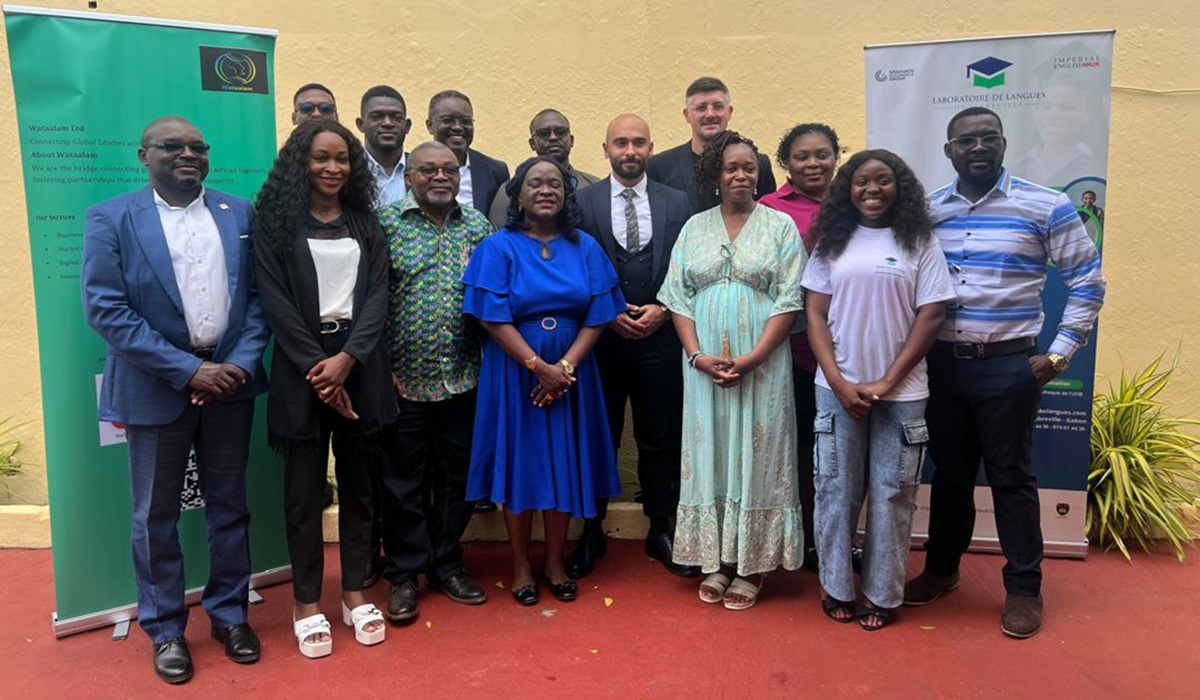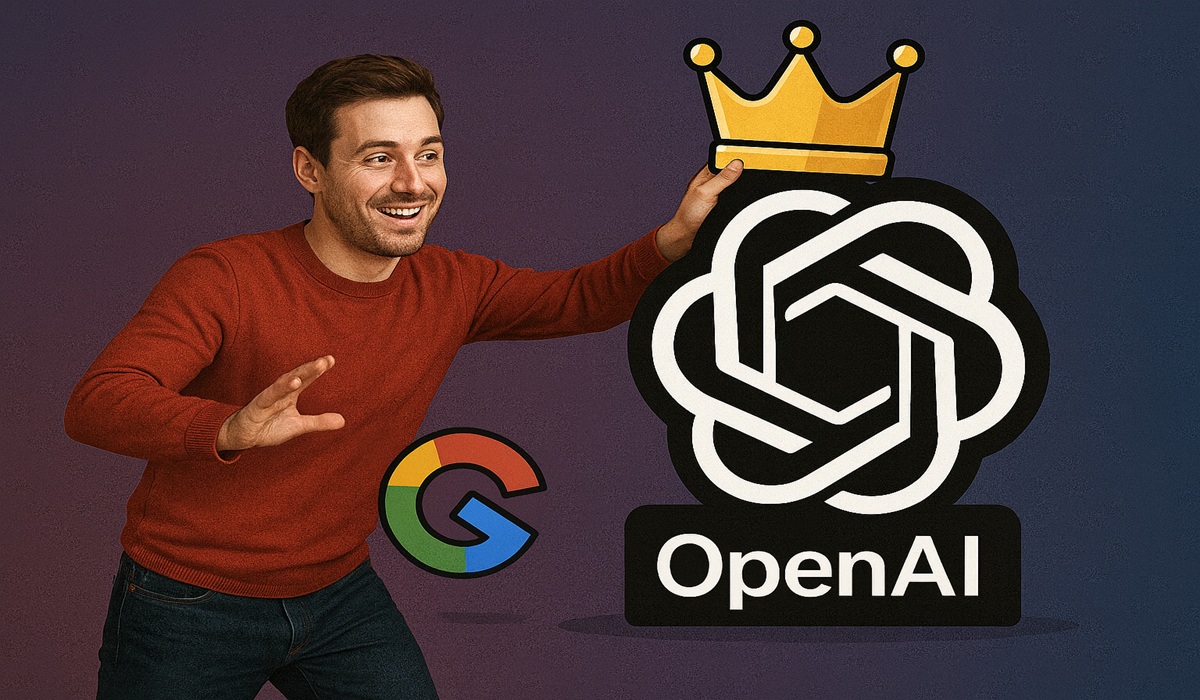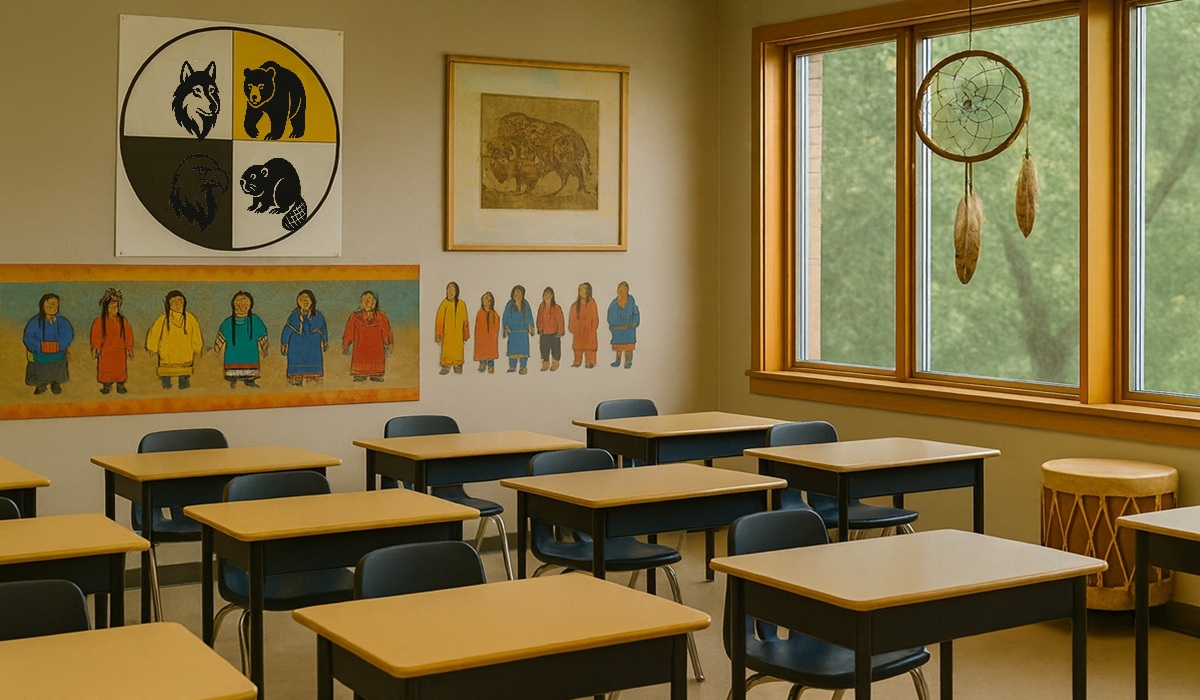You Do Not Own Your Social Media
- Nick Kossovan
- The Art of Finding Work
- Trending News
- September 12, 2025

Image Credit: Geralt
Social media platforms offer a compelling deal: they provide, for free, the infrastructure, the audience, and the tools that promise exposure (read: ego-boosting recognition). In return, they quietly hold your audience hostage. On the surface, this seems fair. After all, the platform is providing a valuable dopamine-ensuring service.
A skeletal village is what I see when I look at my over 23,000 subscribers to my Substack job-hunting newsletter, The Art of Finding Work. Those subscribers aren’t mine; they belong to Substack. I built my audience, but I can’t truly reach them on my terms. The same applies to my over 12,500 Instagram followers, my 165,000 X/Twitter followers, or my 19,850 LinkedIn connections.
Because it’s uncomfortable to acknowledge, social media users, especially creators, overlook the truth that social media is fundamentally about renting, not owning. Essentially, I’m a tenant on someone else’s property, paying rent with my time and content. For a long time, I celebrated (Okay, I admit, “boasted.”) the number of followers I have, as if they were assets I own.
They’re not.
While I own the content I create, the social media platform holds a broad license to use my content, since they technically own my account and its following. If you read a platform’s terms of service—who does—platforms grant themselves extensive rights to your photos, videos, and other intellectual property, without requesting your permission or compensating you. Platforms have significant carte blanche control, which you agreed to when you signed up and created your account, over your content, even being able to use it for commercial purposes. Furthermore, they can change the rules at any time, which is unnerving.
Several years ago, I finally established in the back of my mind that I’m only a “guest” on any social media platform and that my participation is dependent on my adherence to a long list of terms and conditions, which, like most people, I haven’t read.
The way platforms lock you in is by ensuring that your posts have a short visible shelf life, reminiscent of the days when slaves on ships had to keep rowing to get the owner of the ship to their destination. A short shelf life enslaves you to the platform, as you need to continue posting to maintain ego-boosting likes and comments, which is how the owner of the platform metaphorically steers their ship to profitability.
Then there’s the algorithm, akin to a ship’s rudder, which the platform owns and controls without input from its tenants. When Instagram tweaks its algorithm, as it habitually does, my reach can drop by 80% overnight. There’s also the issue that platforms are free, without having to consult their tenants, to pivot their business model, or can simply cease, such as Friendster, Orkut, Vine, Google+, and Bebo, without warning, my followers, whom I worked hard to grow, become unreachable, trapped behind the platform’s walls. Additionally, there’s the real possibility of your account being suspended or shut down, which happens frequently due to a misstep outside of the platform use guidelines, which you agreed to when you signed up.
Social media companies exemplify the adage, attributed to the artist Richard Serra, who was referring to television, “When the product is free, you’re the product.” In the eyes of a social media company, its users are commodities to be sold to advertisers. Personal data, attention (eyeballs), and digital interactions are collected and analyzed to create targeted advertising, which is the primary revenue stream for these “free” platforms.
Platform-provided metrics can be seductive; however, they only tell part of the story. Having 28,500 Facebook followers sounds impressive, but what does it mean when you can’t reliably reach even a fraction of those followers? The metrics that truly matter aren’t visible on your profile page. They’re found in the depth of engagement, the quality of connections, and most importantly, the sustainability of your posting efforts.
My experience as a heavy social media user has led me to the conclusion that social media platforms are masters at the art of making their services feel essential, especially to businesses, as if they’re a public utility, and fostering pseudo feelings of a sense of community and belonging. Platforms start you out with generous organic reach that inevitably encourages you to build a following. Steadily, they dial back your ability to reach the very audience you’ve built. It’s a subtle form of vendor lock-in, masked as a free service.
The real price we pay isn’t measured in dollars. It’s measured in the amount of time spent, time we could be spending nourishing our real world, chasing views, likes and comments. Every time a platform tweaks its algorithm, people, particularly creators, scramble to adapt their content, voice, and entire creative process to match what they believe is the platform’s new preferences. The constant pursuit of what platform owners strategically keep out of reach is the Greek tragedy of our times, keeping us glued to screens that we voluntarily allow to influence our emotions and self-esteem.
Bottom line: Your existence on social media is at the whim of the companies that provide those services.
______________________________________________________________
Nick Kossovan, a self-described connoisseur of human psychology, writes about what’s
on his mind from Toronto. You can follow Nick on Twitter and Instagram @NKossovan.








